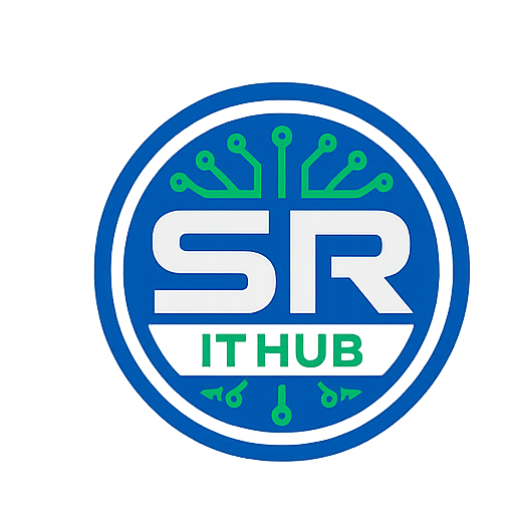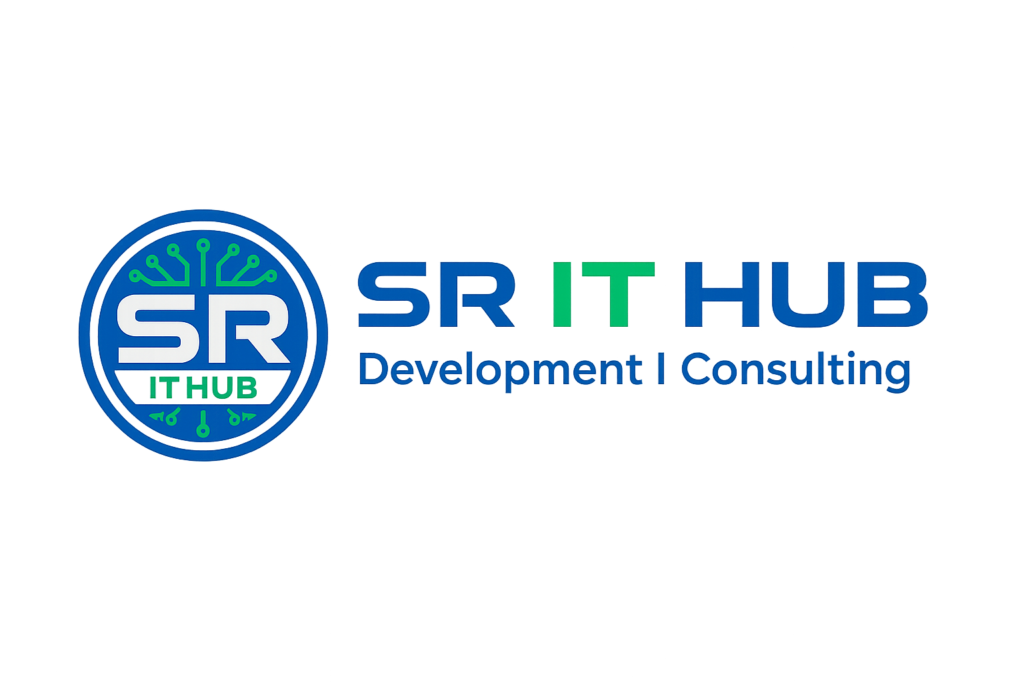ABSTRACT:
Privacy protection and open sharing are the core of data governance in the AI-driven era. A common data-sharing management platform is indispensable in the existing data-sharing solutions, and users upload their data to the cloud server for storage and dissemination. However, from the moment users upload the data to the server, they will lose absolute ownership of their data, and security and privacy will become a critical issue. Although data encryption and access control are considered up-and-coming technologies in protecting personal data security on the cloud server, they alleviate this problem to a certain extent. However, it still depends too much on a third-party organization’s credibility, the Cloud Service Provider (CSP). In this paper, we combined blockchain, ciphertext-policy attribute-based encryption (CP-ABE), and Inter Planetary File System (IPFS) to address this problem to propose a blockchain-based security sharing scheme for personal data named BSSPD. In this user-centric scheme, the data owner encrypts the sharing data and stores it on IPFS, which maximizes the scheme’s decentralization. The address and the decryption key of the shared data will be encrypted with CP-ABE according to the specific access policy, and the data owner uses blockchain to publish his data-related information and distribute keys for data users. Only the data user whose attributes meet the access policy can download and decrypt the data. The data owner has fine-grained access control over his data, and BSSPD supports an attribute-level revocation of a specific data user without affecting others
EXISTING SYSTEM :
As early as 2015, Swan pointed out that there was not yet an acceptable “health data common” model [15] with appropriate privacy and reward systems for public sharing of personal health data and quantified self-tracking data. Simultaneously, the author believes that blockchain can precisely provide such a structure for creating a secure, remunerated, and owner-controlled health data sharing. Ziskind et al. described a distributed personal data management system [16] that ensures users own and control their data. The system encrypts the data collected from the user’s mobile phone and stores it off-chain and only stores the data’s hash value on the blockchain. Meanwhile, two acceptable transaction types named T access and T data are defined, in which Access is used to implement access control management, and T data is used for data storage and retrieval. Azaria et al. proposed Med Rec system [17], a blockchain-based decentralized record management system for electronic medical records (EMRs). Med Rec provides patients with a comprehensive and immutable log, and the patients can access their medical information at any time across providers and locations
EXISTING SYSTEM :
1.LESS ACCURACY
PROPOSED SYSTEM :
ABE is considered the most appropriate technology to solve data security and privacy protection problems in a distributed environment. Therefore, recently, researchers have used ABE to achieve fine-grained access control over data on the blockchain. Jamel and Serhrouchni proposed a decentralized access control mechanism [26]. For the first time, researchers used blockchain nodes to execute a CP-ABE algorithm to verify user access rights’ legitimacy. The scheme designs two types of transactions: Set Policy and Get Access. But it does not use Smart Contracts, and it is obvious that the scheme is unable to achieve more complex requirements. Sun et al. constructed a model of secure storage and effective sharing for electronic medical data based on ABE and blockchain [27], which provides better access control. Doctors use ABE to encrypt patients’ medical data and store it on IPFS. However, it also does not use Smart Contracts. It only broadcasts some ABE parameters stored in transactions, which cannot achieve more complex business functions. Wang et al. proposed a sharing scheme [28] in which users distribute secret keys. It realizes that the data owner has a fine-grained access control on his data. At the same time, the Ethereum Smart Contract is used to realize the retrieval of ciphertext keywords. However, it requires multiple off-chain communication between users, and more importantly, it does not implement the permit revocation. Pournaghi et al. proposed a secure and efficient sharing scheme based on blockchain and ABE entitled MedSBA to record and store medical data [29]. It implements the update and revocation of permissions by broadcasting a new strategy to cover the previous transaction, but this will lead to users who do not want to be revoked to update their keys.
PROPOSED SYSTEM ADVANTAGES:
1.HIGH ACCURACY
2.HIGH EFFICIENCY
SYSTEM REQUIREMENTS
SOFTWARE REQUIREMENTS:
• Programming Language : Python
• Font End Technologies : TKInter/Web(HTML,CSS,JS)
• IDE : Jupyter/Spyder/VS Code
• Operating System : Windows 08/10
HARDWARE REQUIREMENTS:
Processor : Core I3
RAM Capacity : 2 GB
Hard Disk : 250 GB
Monitor : 15″ Color
Mouse : 2 or 3 Button Mouse
Key Board : Windows 08/10

